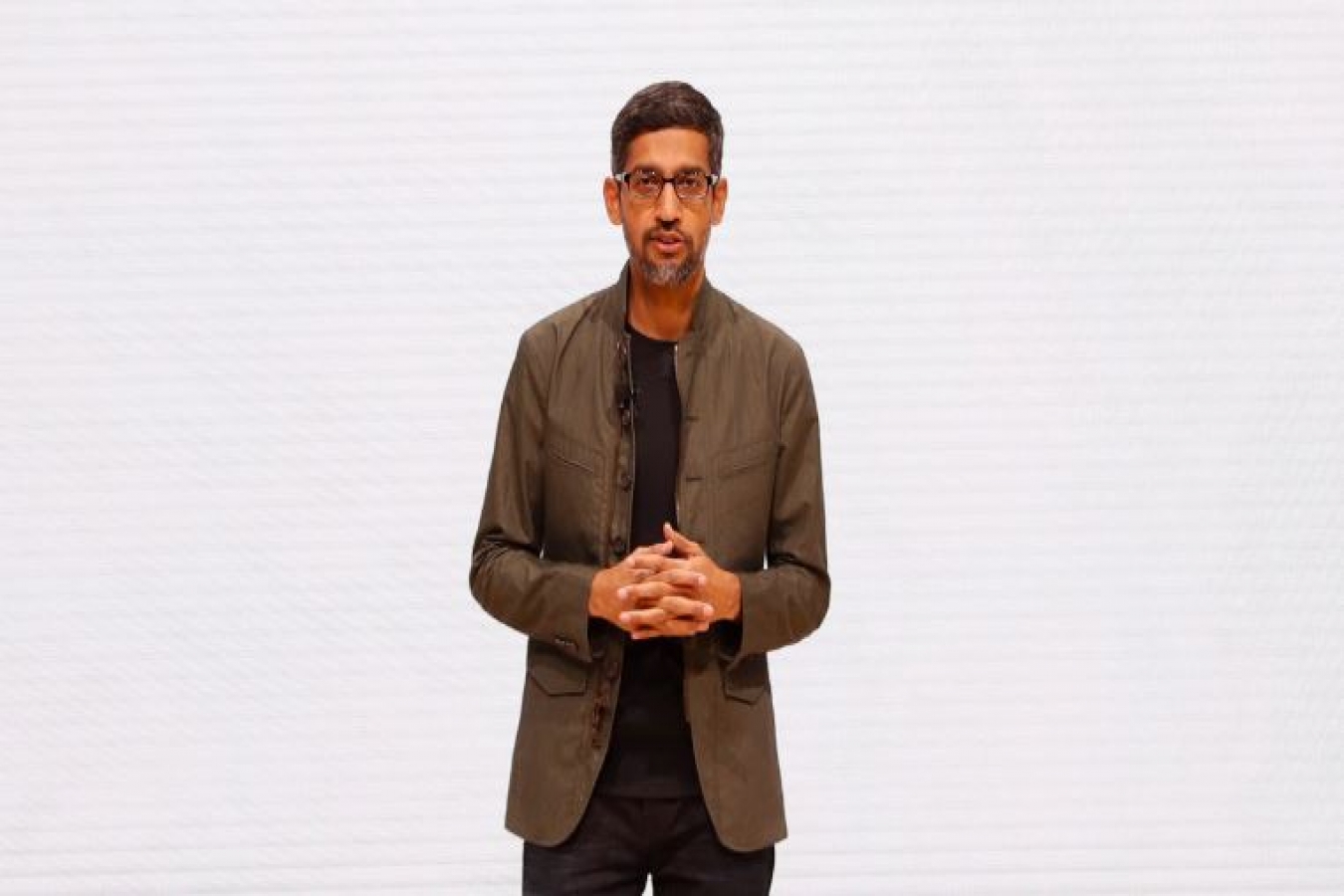


 7:10:37
7:10:37  2019-06-19
2019-06-19  1160
1160

YouTube has recently made "significant revisions" to its hate speech policy and removed over nine million videos in the last quarter as part of a process to reduce the spread of harmful content, according to Google''s Indian-American CEO Sundar Pichai.
But he acknowledged that the platform was too big to completely fix the problem.
YouTube, which is owned by Google, has come under fire in the last couple of years, as controversial and supremacist content has continued to show up on the popular site despite the company''s attempts to filter it out.
"We work hard to get right, and every few years we feel the need to evolve them because we see changes in how the platform is getting used," Pichai told CNN.
"Just last week, we had significant revisions to our hate speech policy (which) appear(ed) to be very focused on removing harmful content and reducing the spread of what we think of as borderline content," the 46-year-old Indian-American CEO said.
"Just last quarter, we removed over nine million videos. And so, it''s an ongoing process, but there''s more we need to do and we acknowledge that,” Pichai said.
When asked whether there will ever be enough humans to filter through and remove such content, Pichai said, "We''ve gotten much better at using a combination of machines and humans."
"So it''s one of those things, let''s say we''re getting it right 99 per cent of the time, you''ll still be able to find examples. Our goal is to take that to a very, very small percentage well below 1 percent."
"Any large scale systems, it''s tough," Pichai said.
"Think about credit card systems, there''s some fraud in that. ... Anything when you run at that scale, you have to think about percentages," he said.
When asked why it took them seven years to realise that those videos should not be up and ads should not be running next to those videos, Pichai said, "It''s heartbreaking for sure and, all of us would look back and we wish we had gotten to the problems sooner than we did."
"But I think we became aware collectively of some of the pitfalls here... We''ve changed our priorities and we have put in a lot of head front there and we''ll continue to do that,” Pichai asserted.
Responding to another question, Pichai acknowledged that privacy in itself has become a crisis.
"I think it''s very, very - you know, given the scale at which information is flowing, I don''t think users have a good sense for how their data is being used," he said.
"We need better frameworks where users get that comfort that they are in control of their data, how it''s used, and they feel like they have agency over it. And so, I think it''s an important moment for all of us to do better here," Pichai said.
Reality Of Islam |
|

A newly dev

Get ready f

Researchers

A new metas
 9:3:43
9:3:43
 2018-11-05
2018-11-05
10 benefits of Marriage in Islam
 7:5:22
7:5:22
 2019-04-08
2019-04-08
benefits of reciting surat yunus, hud &
 9:45:7
9:45:7
 2018-12-24
2018-12-24
advantages & disadvantages of divorce
 11:35:12
11:35:12
 2018-06-10
2018-06-10
 6:0:51
6:0:51
 2018-10-16
2018-10-16
 4:25:57
4:25:57
 2023-02-11
2023-02-11
 10:35:40
10:35:40
 2022-05-26
2022-05-26
 10:43:56
10:43:56
 2022-06-22
2022-06-22
 3:43:50
3:43:50
 2022-11-05
2022-11-05
 12:47:1
12:47:1
 2022-12-20
2022-12-20
 6:14:3
6:14:3
 2023-01-18
2023-01-18
 2:13:43
2:13:43
 2022-05-27
2022-05-27
 5:41:46
5:41:46
 2023-03-18
2023-03-18
| LATEST |